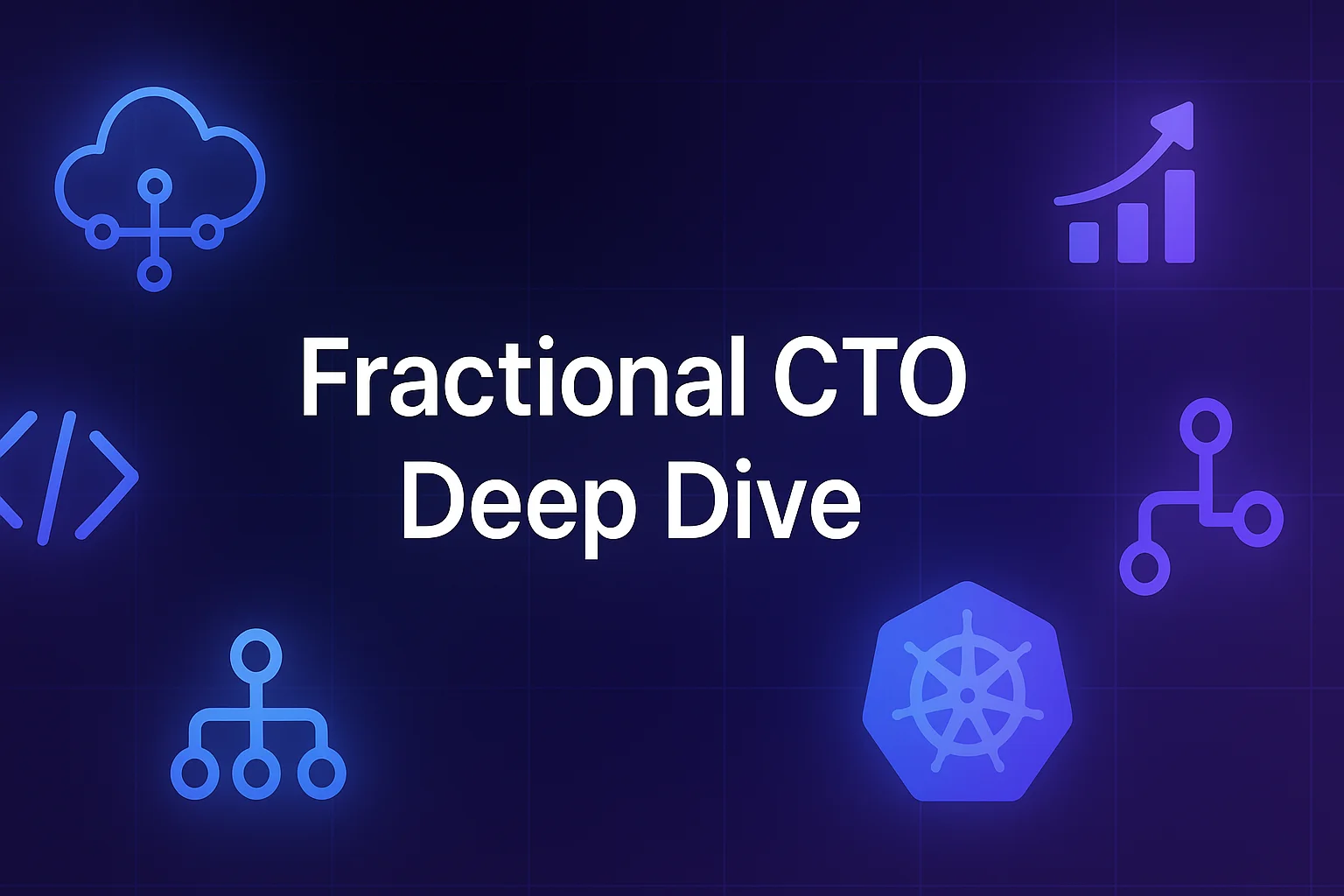
Introduction
As artificial intelligence continues to permeate various sectors, its impact on creativity and innovation cannot be understated. However, with the advantages of AI come significant challenges, particularly concerning copyright issues. Recent discussions have highlighted a growing anxiety surrounding the implications of AI-generated content, suggesting that this tension may inhibit creative processes across industries. For businesses that rely on innovative marketing strategies and content creation, understanding these dynamics is crucial.
The Rise of AI in Creative Industries
AI technologies are becoming increasingly sophisticated, capable of generating text, images, music, and even video content. Tools like OpenAI’s ChatGPT and DALL-E are revolutionizing how businesses approach content creation, offering unprecedented efficiency and scalability. For instance, brands can now produce tailored marketing materials at a fraction of the time and cost traditionally required.
However, this technological advancement raises pressing questions about ownership and originality. The crux of the issue lies in the fact that AI systems are trained on vast datasets that include copyrighted materials. As such, the outputs generated by these systems may inadvertently infringe on existing copyrights, creating a legal quagmire for businesses looking to leverage AI.
The Impact of Copyright Anxiety on Creativity
As companies navigate the complexities of AI-generated content, the anxiety surrounding copyright issues has the potential to stifle creativity. Businesses may become hesitant to fully embrace AI tools, fearing legal repercussions and the potential of litigation. This hesitance can lead to missed opportunities for innovation and growth.
A survey conducted by the MIT Technology Review found that a significant percentage of creatives express concern about the implications of AI on their work. Many report feeling uncertain about whether their original ideas could be at risk of being appropriated or diluted by AI-generated outputs. This uncertainty can result in a reluctance to explore new ideas, ultimately hampering creative processes.
Legal Considerations for Businesses
To effectively navigate the landscape of AI and copyright, businesses must remain informed about the legal frameworks governing intellectual property. Current laws vary significantly across different jurisdictions, and as AI continues to evolve, so too will the regulations surrounding it. Companies should consider the following steps to mitigate risks:
– Consult Legal Experts: Engaging with intellectual property lawyers can provide insights tailored to specific business needs and help navigate copyright laws effectively.
– Establish Clear Usage Policies: Defining how AI tools can be used within the organization can help mitigate potential risks associated with copyright infringement.
– Invest in Originality: Focusing on creating unique content that is less likely to infringe upon existing copyrights can minimize legal exposure and enhance brand reputation.
Embracing Innovation While Mitigating Risk
Despite the challenges presented by AI copyright anxiety, businesses can still harness the power of AI while safeguarding their creativity. Here are some strategies that can help:
– Utilize AI with a Human Touch: Combining AI capabilities with human creativity can produce distinctive outputs that leverage the strengths of both. For example, using AI to generate initial drafts followed by human refinement can lead to original content that avoids copyright pitfalls.
– Stay Informed About AI Developments: Keeping abreast of the latest advancements in AI technology and associated legal frameworks can empower businesses to adapt and innovate responsibly.
– Foster a Culture of Experimentation: Encouraging team members to explore AI tools creatively, while understanding the associated risks, can lead to innovative ideas and solutions.
Conclusion
The intersection of AI and copyright presents both opportunities and challenges for businesses. While the anxiety surrounding copyright issues may deter some from fully embracing AI’s potential, understanding and addressing these concerns can lead to a more innovative and creative environment. By staying informed, consulting legal experts, and fostering a culture of experimentation, businesses can navigate this evolving landscape effectively. As we move forward, the focus should be on harnessing AI’s capabilities while respecting intellectual property rights—striking a balance that encourages creativity and compliance.






